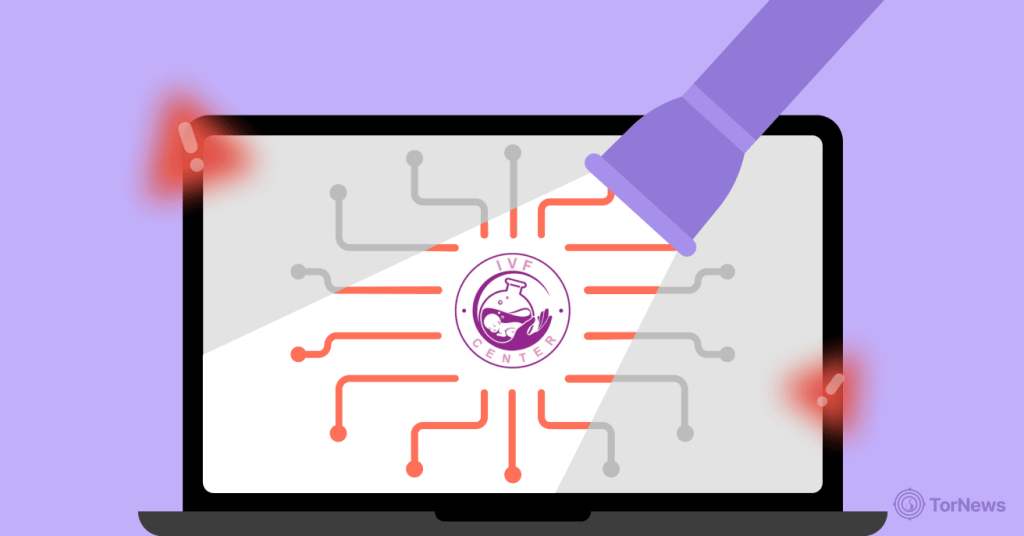-
A group of patients from Genea, one of the largest IVF clinics in Australia, lodged a complaint with the national privacy regulator and are claiming for damages.
-
The lawsuit asserts that the clinic didn’t protect patients’ medical and financial information, which was stolen and then posted on the dark web, well enough.
-
This situation shows that big groups are at risk of cyberattacks and also how bad it is for people when their private health info gets out.

A major IVF clinic in Australia got hacked. Now, patients’ deepest secrets are online for anyone to see.
Hundreds of people are fighting back due to the broken trust. They’re suing the clinic, claiming it messed up when it came to keeping their data secure.
Details of the Lawsuit
Back in February, hackers got into Genea’s systems. They stole a huge amount of patient information. Then, they published it all on the dark web.
This wasn’t just your name and email. We’re talking full medical histories. Diagnoses, fertility treatments, and prescription medications were exposed. Even the pathology test results were leaked.
A law firm, Phi Finney McDonald, is representing the affected patients. In October, they officially complained to the Australian Information Commissioner’s Office. It’s a serious complaint.
It claims Genea failed to take reasonable steps to protect all this sensitive data. It also says the clinic held onto information longer than necessary. It alleges Genea broke privacy laws by not telling people about the breach quickly enough.
One patient, Isaac, who donated sperm, told reporters that he thinks he’s getting punished for just trying to help. He’s worried the breach could impact children conceived with his donation. Another woman, Isabel Lewis, had her twin boys through IVF at Genea eight years ago. She says the breach has completely shaken her confidence.
A Wider Problem and The Fallout
This isn’t just one clinic’s problem. Cyber incidents jumped 11% in Australia this year, according to the Australian Signals Directorate. Big organizations are getting hit the hardest. This case shows just how damaging these attacks can be.
Genea has apologized for the incident. They say they deeply regret what happened. The clinic is working with IDCARE to provide free counseling as well as a special phone line, but many patients are in distress; more support is needed. Their private lives have been exposed. Olivia McMillan, the principal lawyer on the case, said patients expected their information to remain confidential.
The representative complaint could pave the way for financial compensation. Lewis, one of the patients, isn’t really after the money; she’s hoping this lawsuit will make businesses change how they do things. Lewis wants to make sure nobody else will have to go through such a situation.
This story really makes you think. Our most personal data is a valuable target. When companies that hold it don’t protect it, the human cost is incredibly high.
Extra Measures to Keep Your Data Safe
To avoid similar occurrences, let’s protect our info:
- First up, passwords are key. Don’t reuse them! It’s like using the same key for everything. A password manager makes strong, different passwords for each account. Just remember one thing.
- Turn on two-factor authentication for anything that actually matters. Seriously, even if someone figures out your password, they’ll still need the code from your phone—and good luck to them.
- And never just hand over your personal info because you got an email, call, or text asking for it. Doesn’t matter if it’s from someone you know – scammers can be very sneaky, so we need to be smarter.
- Last, check your credit reports. Use free credit monitoring if offered after a hack.
You can’t prevent a hack, but you can minimize the risk of data loss or damage once the hack has happened, like putting valuables in a safe, even if someone is going to break in – “armoring” it up. Also, adding layers of protection to technology usage makes it a harder target and lowers the amount of damage incurred.